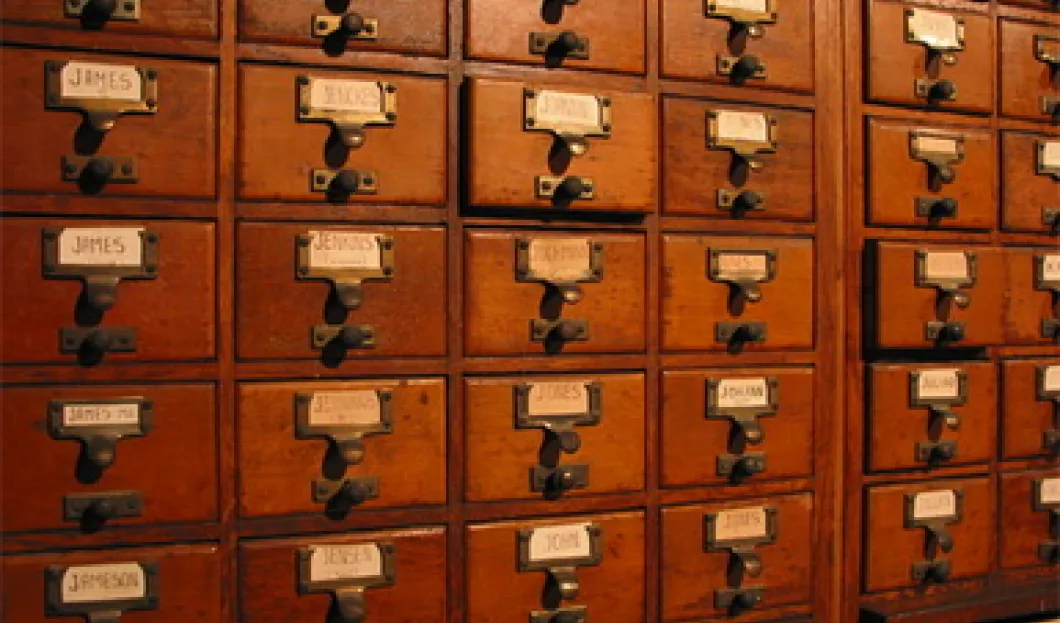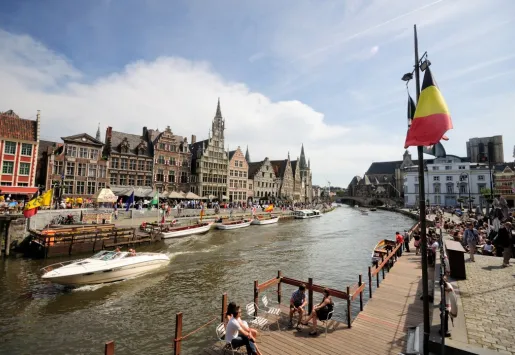
A hundred years ago, two visionaries, Paul Otlet and Henri LaFontaine, introduced their vision of a place where the entire collection of world’s knowledge would be stored – the Mundaneum.
Nobel Peace Prize Winner, Henri LaFontaine and the great lawyer, Paul Otlet had dreamt of a place where all the world’s knowledge would be stored and their dream came true in 1910, when the Mundaneum opened in Belgium. Since the Industrial Revolution, scientific progress sped up to such an extent they believed the explosion of knowledge needed to be monitored. At its peak, the Mundaneum featured 12 million 3 x 5 inch index cards available to the public.
As Le Corbusier, the chief architect of the Mundaneum, said, the place was a “panorama of the whole of human history from its origins”. A truly ambitious monster project. More space was needed and the Belgian government agreed to provide 150 rooms of the Palais du Cinquantenaire for the Mundaneum in 1919.
Sadly, five years later the space was needed for another exhibit and Mundaneum was condemned to move yet again – to a series of smaller spaces – eventually being relocated to a parking garage. It closed down in 1934. There were several attempts to revive the collection of knowledge, though without proper supervision and guidance, they all were sentenced to vanish.
Mostly due to frequent relocating, a significant part of the collection was lost and what remains today is stored in a museum in the Centre d’archives de la Communauté Française in Mons, Belgium. The museum is open to the public and even offers guided tours for visitors who wish to admire the remains of what many perceive as internet’s first predecessor.
Even though the collection may seem chaotic, it is artfully exhibited. Six kilometers of shelves are still waiting to be documented and scanned, so before the world will get a chance to catch an online glimpse of the Universal Book, another 100 years may pass easily.














Never heard about this thing! Thanks for that.